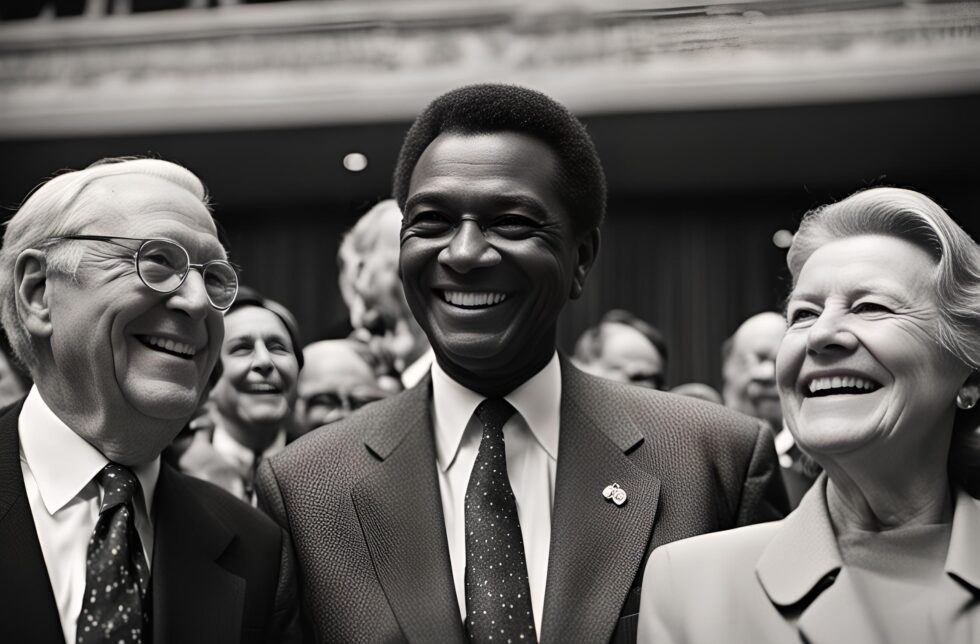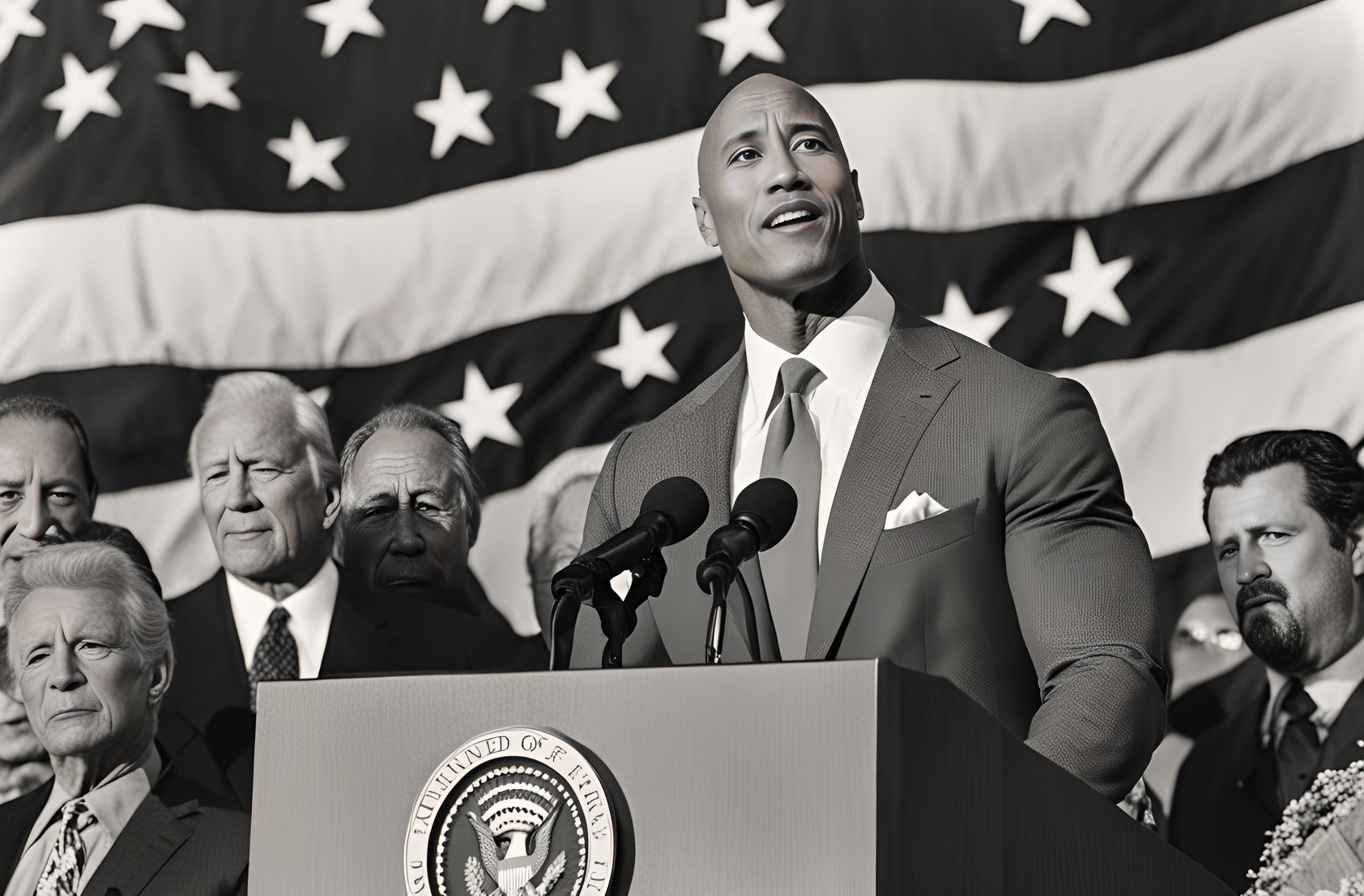
The global announcement was momentous and had an unprecedented impact: political corruption was entirely eradicated. This miraculous shift was ascribed by some to profound technological advancements, while others speculated about divine intervention. Nevertheless, it was indisputable that the world’s political landscape, previously riddled with bribery, deceit, and manipulation, was now devoid of such malignant elements. The substantial implications of this shift rippled across society, causing transformations nobody could have foreseen.
In the immediate fallout, governments worldwide underwent a profound transformation. Politicians and legislators, previously swayed by power-play dealings and vast sums of money, now operated with untarnished integrity. The decision-making process was accelerated, as bureaucratic obstacles that often served as a cover for graft and kickbacks were eliminated. Policies genuinely benefitting the public were swiftly and efficiently established, instead of being in favor of a privileged few. For the first time in history, the common people’s voices echoed powerfully within the corridors of power.

This newfound political transparency created a fertile environment for unusual ideas and solutions to thrive. Countries began addressing age-old issues with innovative methodologies. For instance, a global initiative to eradicate poverty was launched through a collaborative effort by a united coalition of nations. With corruption no longer leeching off funds intended for the underprivileged, resources were allocated judiciously. Education programs, job creation projects, and health services expanded rapidly, improving at an unprecedented rate. Within a decade, poverty levels significantly decreased, raising millions to live stable, productive lives.
With societal needs being efficiently addressed, attention was directed towards more ambitious goals, such as environmental conservation which experienced a revival. Leaders, no longer controlled by corporate entities, initiated comprehensive reforms promoting sustainable practices. The energy industry pivoted from fossil fuels to renewable sources, sparking a renewal in green technology. Through global cooperation, extensive reforestation projects and wildlife preservation efforts commenced, reversing some of Earth’s environmental damage. The once formidable climate crisis began to recede.
Communities worldwide witnessed a cultural revival. Freed from the cynical notion that all power inherently corrupts, citizens began actively participating in civic duties. Voter turnout increased, town hall meetings were inundated with citizens who were concurrently worried and hopeful, and grassroots movements tackled local issues with renewed energy. Public confidence in institutions, which had eroded for centuries, began to rebuild. This restored faith fortified societal bonds, leading to a period defined by cooperation and shared prosperity.

The eradication of political corruption significantly influenced international relations. Regions historically marred by distrust and deceit saw an opportunity for change. The absence of corruption allowed peace treaties, trade agreements, and bilateral cooperation to flourish. Military expenditures, previously justified by covert agendas, were redirected towards scientific research and humanitarian efforts. Global conflicts decreased, heralding a new era of peacebuilding.
Unsurprisingly, a renaissance of scientific exploration ensued in this corruption-free world. Research grants and funding, earlier misused, were now channeled unimpeded into innovative projects and the hands of brilliant thinkers. This led to accelerated advancements in medicine, space exploration, artificial intelligence, and quantum computing. Diseases that had been humanity’s bane for centuries were cured, and manned missions to Mars became reality. This ushered in a golden age of discovery as our understanding of the universe expanded.
In education, the eradication of corruption allowed a more egalitarian system to thrive. Funding was equitably distributed, ensuring all institutions, regardless of their location in affluent or impoverished areas, had access to necessary resources. Previously underpaid and overworked, teachers were now empowered and motivated to inspire future generations. Students from all walks of life had access to a quality education, fostering a meritocratic society where individual talent and hard work dictated success, rather than systemic bias and privilege.
Unburdened by the shadow of political corruption, humans began to envision a collective future that was once considered impossible. The absence of deceit allowed for a shared vision and a clarity of purpose. This was a world where justice, progress, and compassion were more than ideals—they were the norm. While the eradication of political corruption did not resolve all of humanity’s problems, it provided a more solid foundation for addressing them.




